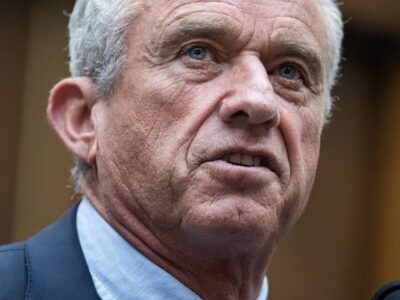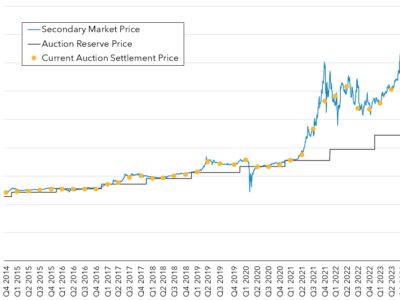Meaningful Parking Reform Dead in California (For Now)
AB 710, the eminently sensible parking reform bill, died a sad death in the State Senate during the last-minute frenzy on bills last week. The bill would have prevented local governments from maintaining excessively high parking minimums for development projects located near transit stops, unless they can document a need for high parking requirements. Of course, developers could add more parking as the market requires, but gone would be the mindless local mandates.

As it currently stands, a number of local jurisdictions have one-size-fits-all parking requirements that impose high costs on infill real estate developers (parking spots can cost upwards of $30,000 each to build), even when they build transit-adjacent projects where residents are likely to use transit and not drive. Normally, it wouldn’t be a matter of public interest how much a developer has to pay for his or her project. But in this instance, these requirements are preventing critical infill projects from being built and/or limiting the scale of existing projects, which pushes development farther out into open space and agricultural land, leading to more traffic and bad air. It also drives up costs for infill affordable housing developers and artificially raises housing prices on everyone, hurting low-income residents the most.
As I posted earlier, the League of Cities was the prime culprit for torpedoing the bill, launching a full assault by their cities on State Senators and barely defeating the bill after unanimous approval in the Assembly. The irony is that a number of cities favored this bill because they know they have high parking requirements in transit areas but don’t have the resources to undertake the necessary zoning changes to remove them. This bill would have allowed them to make the changes for free by complying with the law and could have jumpstarted construction on a number of downtown projects.
Going forward, it’s clear that the state needs to make a choice: do we continue to defer to the local government lobby on land use decisions, when that authority has so often constricted growth in our cities and along our transit networks, pushed development into greenfields, and led to high housing costs across the state? Or do we take the path of smart growth states like Washington, Oregon, and Maryland, where the state sets strong priorities for development?
Meanwhile, AB 710 advocates will probably gear up for another run next year. Let’s hope, for the sake of our quality of life and environment in California, that they have better success next time.








One Reply to “Meaningful Parking Reform Dead in California (For Now)”
Comments are closed.